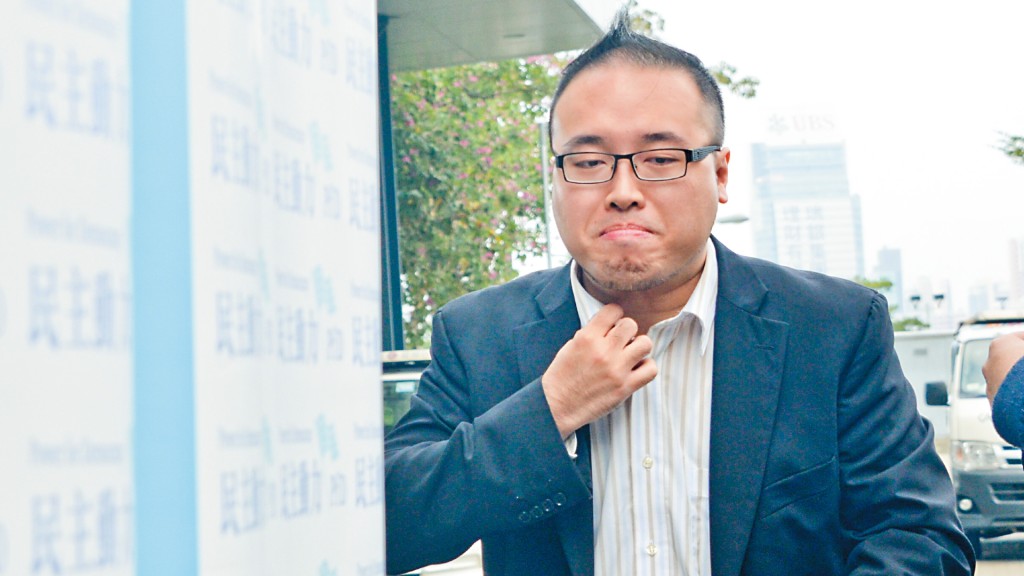First national security inmate released early shows Safeguarding National Security Ordinance balances leniency with severity

Former district councilor Andrew Chiu Ka-yin, who testified for the prosecution in the "35+" subversion case, has become the first national security offender to be granted early release from prison.
Chiu was freed last Tuesday (Oct 28), two years ahead of his original seven-year sentence, which was due to end in early 2028.
A legal industry insider stated that this early release demonstrates how the Safeguarding National Security Ordinance balances leniency with severity while safeguarding human rights.
The insider noted that the government effectively combines mercy with authority by providing early release opportunities to national security prisoners who demonstrate “sincere repentance”.
It is believed that only those imprisoned offenders who remain unrepentant, obstinately refuse to change, and continue to pose a threat to national security are excluded from such provisions, the insider added.
These remarks serve as a response to persistent accusations from the US and other Western countries that Hong Kong's national security law suppresses human rights by claiming no prisoners involved in national security offenses would be granted early release.
Meanwhile, the Safeguarding National Security Ordinance has empowered the Commissioner of Correctional Services to consider early release for national security prisoners who have served two-thirds of their sentence.
This process follows a specific mechanism where the Commissioner assesses a range of factors, providing an opportunity for prisoners who are assessed as posing "no threat to national security" to be released early.



